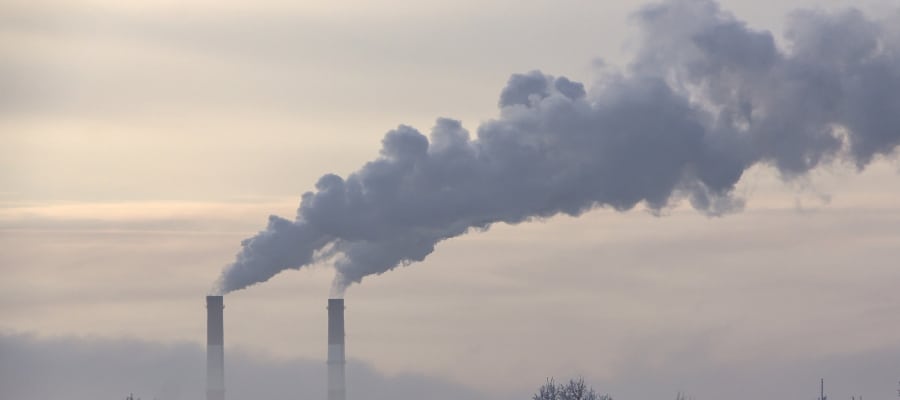Copublished with Canopée
Paris, 28 February 2023 – As the One Forest Summit (1) opens this Wednesday, 1 March in Gabon under the auspices of France, Reclaim Finance and Canopée reveal that the 4 largest French banks have collectively participated in 13 transactions worth US$15.3 billion (2) to support the two largest soy traders, Cargill and Bunge. The data raises questions about the effectiveness of the deforestation policies of BNP Paribas and Société Générale. As a result, the NGOs are calling on financial actors to move from words to deeds and to make their financial services to soy traders conditional on adopting measures to rapidly curb deforestation in Brazil.
Soybean production, which has more than doubled in the last 20 years, is one of the main drivers of deforestation worldwide. Faced with the explosion in demand for soy as a result of increasing levels of meat and dairy consumption, the Brazilian Cerrado region is today one of the most threatened ecosystems on the planet. Half of its original area has already been destroyed. Its loss would be a disaster for the climate and biodiversity as it stores the equivalent of 13.7 billion tonnes of carbon dioxide (CO2) and is home to 5% of the world’s biodiversity.
The One Forest Summit is avoiding the real issue: the financing of deforestation. To stop the destruction of forests, we already have the answer: French banks must recognize their responsibilities and cut their ties with companies that destroy these precious ecosystems.
Klervi Le Guenic, campaigner at Canopée
Soybeans account for 60% of imports of deforestation-risk products into Europe (3) and the fight against deforestation linked to their production is one of the pillars of the National Strategy to Combat Imported Deforestation (SNDI). However, despite the financial world’s increasingly frequent pronouncements in favor of protecting biodiversity and combatting deforestation, the four largest French banks continue to finance soy traders, who are exposed to massive deforestation risks.
BNP Paribas, Société Générale, Crédit Agricole, BCPE/Natixis have together participated in 13 transactions with the two main international soybean traders, Bunge and Cargill since 2021, totaling US$15.3 billion. Over the same period, nearly 2 million hectares have disappeared in the Cerrado region of Brazil (4), the equivalent of the surface area of the Ile de France. In just five months in 2022, 31 new cases of deforestation (5) linked to soy were detected. Almost half of these were linked to Bunge, the trader with the most exposure to deforestation (6).
Crédit Agricole and BPCE/Natixis do not have a policy on ending soy-related deforestation and the policies of BNP Paribas (7) and Société Générale (8) are not comprehensive enough to curb deforestation in the Cerrado. So, although BNP Paribas has committed to end its exposure to the risk of deforestation linked to soy from 2025, its policy suggests the bank will encourage its clients Cargill and Bunge not to buy or produce soy from deforested land after the deadline of 1 January 2020, although no sanctions are specified. Since the policy was adopted in February 2021, BNP Paribas has been involved in 10 transactions with Cargill and Bunge worth US$ 13.6 billion.
BNP Paribas and Société Générale’s commitment to fight against soy-related deforestation ring hollow in the light of the millions still being given to the main actors in this scourge. The situation is just as dramatic for Crédit Agricole and Natixis, who are conspicuous for their lack of policy to combat soy-related deforestation, even though this threatens both the climate and biodiversity. It is high time that financial institutions put their words into actions and made their financing conditional on the adoption of effective measures by soy traders.
Lucie Pinson, Reclaim Finance’s Director
Reclaim Finance et Canopée are urging financial players to adopt sectoral policies, and to make their financial services to soy traders conditional on the adoption of a commitment as a minimum to not purchase soy produced on land that has been deforested or converted to natural ecosystems, legally or illegally, directly or indirectly, after the deadline of 1 January 2020 (9).



